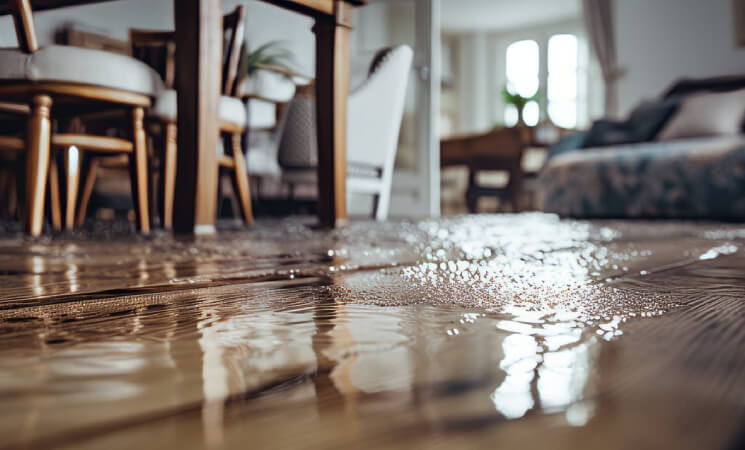Fire can be a horrible ordeal for any homeowner or entrepreneur. It is not only the indisputable threat of the scorching flames, as they also devastate a home or office. However, there are also the later consequences of smoke, debris, odor, soot, and structural destruction caused by the fire. Mostly fire is an unfathomable and horrible occasion, yet it occurs due to a few simple and mostly avoidable reasons.
10 Common Causes of House Fires
- Fire used for food preparation: Splattering oil, kitchens left unattended, and combustibles close to fire and heat sources are, for the most part, major reasons for fires.
- Fire from the heaters and fireplace: Have your heater examined regularly and keep compact moveable radiators securely far from flammable material.
- Smoking: If you smoke in or close to the house, ensure that the cigarette butt is completely put out.
- Fires due to electrical issues: Worn-out wire can promote short circuits and hence fire. Overburdened outlets and abuse of extension cords also increase the risk of fire.
- Unattended candles: Unattended candles or candles placed near curtains or other furniture which can easily catch fire are a serious threat.
- Kids: Children should always be kept away from matches and lighters and properly educated about the risk of fire.
- Improper wiring: Poorly installed or damaged wiring, which is a common occurrence in old, ill-maintained houses, can increase the potential of fires.
- Combustible Items: Do not keep cleaning material, paint, or glues close to heat sources.
- Seasonal Decor: Placing Christmas trees or other seasonal decorations safely away from the fireplace, as it is very for them to catch fire.
- Barbecues: Grills should never be used on a patio or under a shade. Barbecues should be done at a safe distance from your home.
When a fire happens in a home, the repercussions can appear to be overwhelming, and if fire damage restoration in Fort Worth, TX, is delayed, the harm from smoke damage can turn out to be far more atrocious. You can prevent expensive repairs and long-haul issues if a restoration company is called immediately. The steps you take after the fire is put out should aim to restore your home back to its normal state as soon as possible.
Calling a Professional
Your first step will be to contact a company for fire damage restoration in Fort Worth, TX, who can evaluate the harm, give you an approximate idea of expenses, and begin the cleanup procedure. Contact your home insurance agent to make them mindful of the fire and let them know who you have chosen to do the restoration. A fire damage restoration company will board up your home to comply with insurance requirements that will decrease the danger of further destruction to your home.
Mr. Restore will carry out the following steps to assist you in recovering and get through the underlying fire cleanup:
- Recover and save the maximum possible belongings from your house (for example, electrical appliances, clothing, and furniture) so that you incur the least possible loss.
- Document and record all that they remove from your home.
- Restore any salvageable items back to your home after the fire damage restoration in Fort Worth, TX, is finished.
- Work efficiently and accurately to get you back in your home at the earliest opportunity and remain in contact with you to ensure the repairs were done accurately and your house isn’t encountering more issues.
Fire can be devastating and can seriously damage your belongings and property, and precautionary steps need to be taken to avoid fire hazards. But if an unfortunate fire has occurred, you need to call professional fire damage restoration in Fort Worth, TX, to reduce the aftermath and the havoc caused by fire. Mr. Restore is a professional organization that is properly equipped and has well-trained staff that will help your house quickly recover from fire damage.






